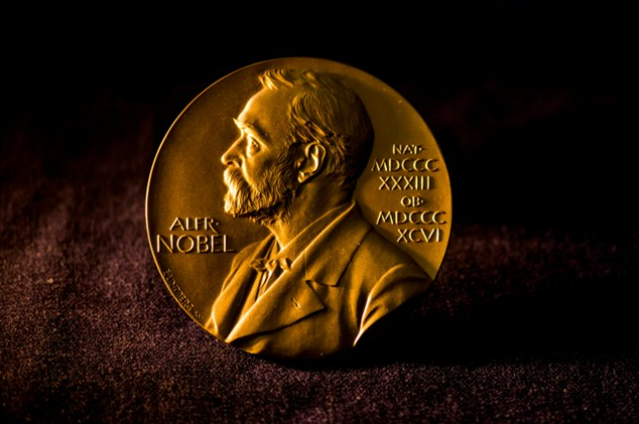As the Norwegian Nobel Committee announced the 2022 Peace Prize for human rights supporter Ales Bialiatski from Belarus, the Russian human rights organisation Memorial and the Ukrainian human rights organisation Center for Civil Liberties, an old question again came into lights.
How is that Mahatma Gandhi, the greatest supporter of peace and the most inspiring symbol of non-violent struggle against the oppressive British rule, was never hounoured with the Nobel Peace Prize, either during his lifetime or even later?
It is a question that the Committee has itself thought over.
Questions have been raised such as, 'Was the horizon of the Norwegian Nobel Committee too narrow? Were the committee members unable to praise the struggle of non-Europeans over the Europeans? Or were the Committee fearful to make a prize which could disturb the relationship between their own country and Great Britain?
In a reply to all these questions raised, the answer comes as:
'Up to 1960, the Nobel Peace Prize was exclusively awarded to Americans and Europeans. Retrospection of the past confirms that the horizon of the Committee was really very narrow. Gandhiji was very different from earlier Laureates. He was no real politician or supporter of international law, not primarily a supporter of humanitarian work and an organiser of international peace congresses. Gandhiji was much different from the earlier breed of Laureates.
It's true at the same time that Gandhiji did receive several nominations. He was nominated in the years such as 1937, 1938 and 1939 by the Norwegian Nobel Committee.
Later, a Nobel Committee's adviser, Professor Jacob argued in his report that Gandhiji although 'a good, noble and ascetic person', was given sharp turn in his policies which made him both 'a freedom fighter, dictator, an idealist and nationalist together.'
Some argue that his ideals were not entirely pacific. Likewise, his struggle in South Africa was on behalf of the Indians only, and not of the blacks.
Gandhiji was described as the 'greatest living exponent of the moral order and the most effective champion of peace.'
Some people of the Committee went on favouring Gandhiji while some decided not to honour Gandhiji amid the strokes of Partition.
Later, Gandhiji was assassinated in 1948. Some people have just remarked that 'he can only be compared to the founders of religions'.
The Nobel Foundation's Statutes did allow a posthumous award under certain circumstances. Gandhiji had not left a will, so it was unclear who would receive the prize money. The Committee's lawyer advised against a posthumous award. In that particular year, the Committee decided not to make any award on the grounds that 'there was no suitable living candidate.'
The omission of Gandhiji is deeply regretted by the Nobel Committee. In 1989, when the prize was conferred on Dalai Lama, the Chairman of the Nobel Committee said that this award to the Dalai Lama is a 'tribute to the memory of Gandhiji.'
. . .
Reference:

